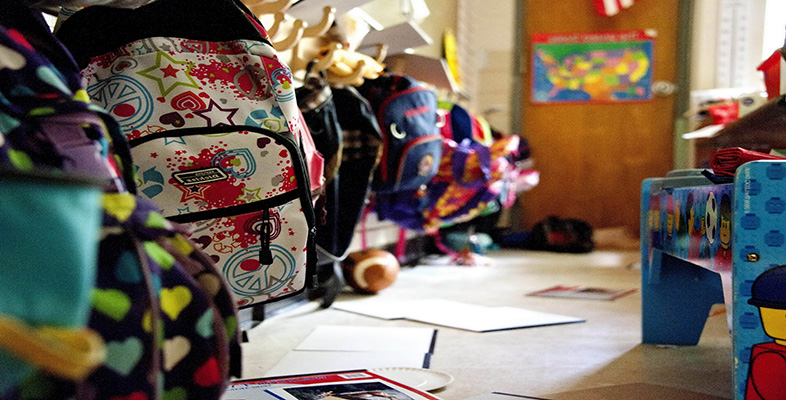1.4 Titles and duties
In the UK there are a number of terms in current use to describe those who provide learning support to children. It would be misleading to suggest that these terms describe the same roles and responsibilities. Rather, they relate to important role distinctions and are significant because they reflect the wide variety of work that learning support staff do.
Since the 1980s, many teaching assistants across the UK have experienced a notable change in their day-to-day involvement in schools. The concerted focus of government on literacy and numeracy has served to draw many teaching assistants into such ‘teaching-related’ duties – work that, at one time, only a qualified teacher would have done. Barbara Lee (2003, p. 27) notes the shift in terms of ‘indirect support’ (e.g. producing materials and managing resources) and ‘direct support’ (e.g. working with individual children and small groups).
Regardless of this shift in duties, tasks associated with the maintenance of the learning environment are still necessary, as they enable teaching and learning to take place. So it is relevant to ask, ‘Who does this work if assistants are spending more time helping children to learn?’ You may have some insights into this. Perhaps one answer is that there is more sharing of maintenance tasks between teachers, teaching assistants, volunteers and children.
